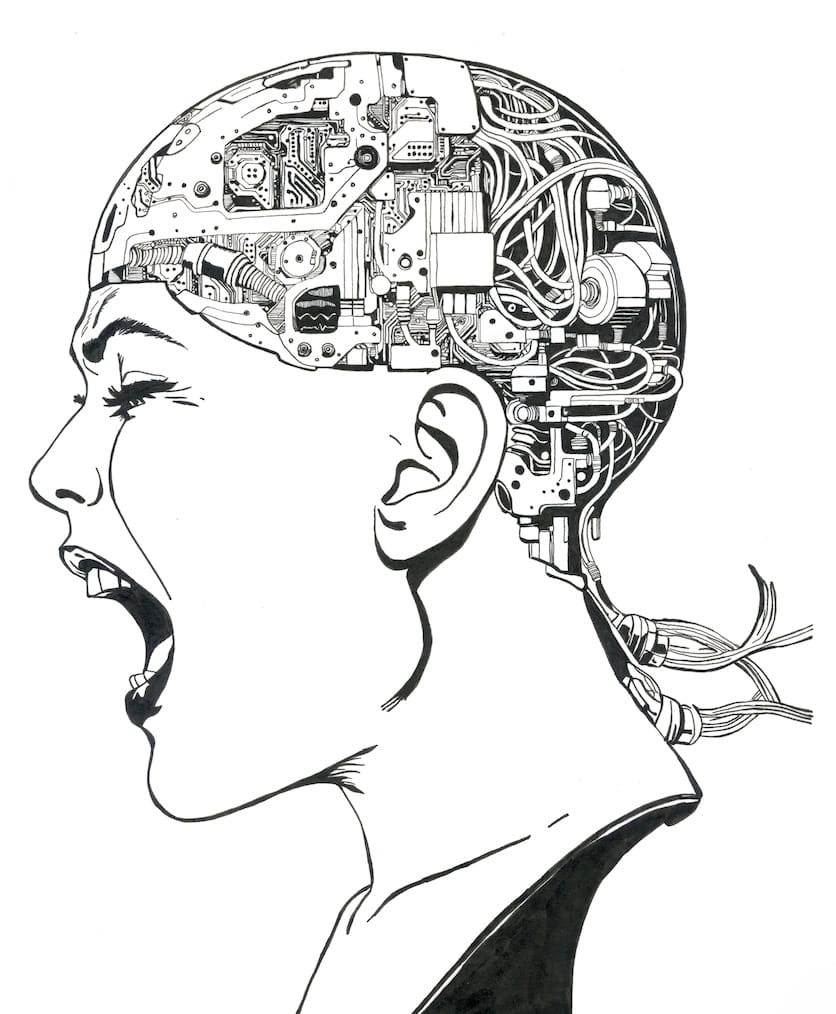Rewiring Self-Doubt: How I’m Learning to Trust Myself Again

Did you ever have one of those moments when you know you're right—facts, logic, gut instincts all aligned—only for someone to tell you you're wrong? And they’re so persuasive, so sure, that you begin to doubt yourself. You shrink back, second-guess, and then you back off, letting them win believing you were wrong. Then time passes and only to realize, later that they were wrong all along. It's a frustrating, even humiliating experience. But for me, this isn’t a rare occurrence. It’s a lifelong pattern.
The Roots of Doubt
I used to think everyone felt this way but just didn’t talk about it. However, the more I shared, the more I realized this pattern of self-doubt is especially common among women. My doubt isn’t just a passing thought—it’s been growing inside me since childhood.
As a kid, I wasn’t just told how to behave—I was told how to feel, how to think, and who to be. My emotions were corrected as if they were wrong answers on a test. When I struggled in school, the narrative was simple: I wasn’t working hard enough. When I was harassed, the blame shifted to me—my behavior, my appearance, my existence. My parents called me “stupid,” my siblings said I was a burden, and teachers implied I was asking for trouble. No one ever asked how I felt. I was simply told what to believe.
Over time, this constant stream of criticism shaped my identity. I internalized the belief that I was always at fault, always in the wrong. Self-doubt became second nature—a deeply ingrained habit.
Seeking Objectivity, Finding Doubt
There are many reasons why I chose the paths I chose to live. Intentionally moving to live far away from my family and my hometown allowed me to physically get away from the opinions and beliefs. Getting away from the idea that I wasn’t good enough. This allowed me to start fresh and not be in the environment where I was subjected to follow what their opinions are of me.
Perhaps that’s why I chose a career rooted in objectivity. Numbers don’t lie. They’re unbiased, reliable, and concrete. In the world of data and numbers, there’s no room for subjective opinions or emotional manipulation.
I’ve done more in the last decade than most people in their whole career. I’ve changed industries, I’ve built teams, I created programs, I helped other people build their own careers. I’ve been a leader. People seek me for advice.
However, even through it all, I’ve found myself questioning my analysis, doubting decisions I knew were sound. It’s as if the voice of doubt has followed me, whispering, “You’re not good enough.”
The Struggle to Rewire
In recent months, I’ve been reflecting on why these deep-rooted issues resurface despite all I’ve accomplished. I’m no longer the struggling kid trying to find her footing, yet I still feel that anchor of self-doubt pulling me down. Why, after years of personal growth and professional success, do I hesitate to trust myself fully?
The truth is, after decades of hearing “you’re not enough,” those words have etched themselves into my subconscious. Even though I’ve physically distanced myself from the environment that reinforced these beliefs, the mental wiring remains.
My success so far has relied on compartmentalizing—keeping the life I’m building separate from the one shaped by the beliefs others imposed on me. It’s as if I’ve lived as two different people: subservient and compliant in one world, independent and strong in the other. But what happens when those compartments start to break down? When the walls blur, like building this website? Self doubt comes back in strong force. After all what I’ve done in my life, the truth is, deep down I know I’m capable making a difference, but I don’t think I believe in my own self..
Rebuilding My Inner Compass
Reworking my own belief, isn’t just about awareness. Change requires repetition and practice. It’s about retraining my mind, creating new mental pathways that affirm my worth instead of undermining it.
The brain is adaptable, malleable, constantly reshaping itself in response to our environment and experiences. This ability, known as neuroplasticity, means that even deeply ingrained habits and beliefs—like self-doubt—can be rewired over time. It’s a reminder that the patterns we’ve carried for years don’t have to define us forever; with consistent effort, we can reshape how we think and respond.
Moving Forward
I’m still a work in progress. I catch myself holding back—hesitating to talk about my experiences, to share my ideas, to lead boldly. But one thing I know for sure: I don’t give up.
For me, right now, moving forward involves daily affirmations. Years of second-guessing myself have woven doubt into my unconscious mind, but I’m slowly unraveling it. It’s not just about awareness or understanding—it’s about believing. Every time I push through the doubt, I reinforce a new belief: that I am capable, that I am worthy, that I am enough, and the more I tell myself this, the more I will believe it. Believing that I have value, that my voice matters, and that I deserve to take up space.
A Universal Struggle
If you’ve ever felt this way, you’re not alone. Self-doubt and the internal critic are battles many of us fight. But there’s power in calling them out, taking that first step forward—even when doubt whispers in your ear. Trusting your own voice takes time, but every step forward is a victory over the voice that tries to hold you back.